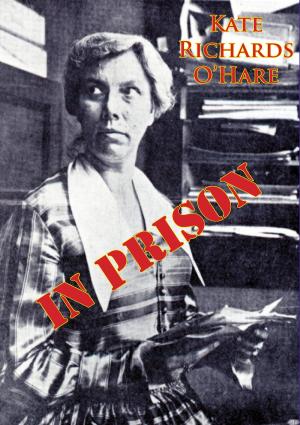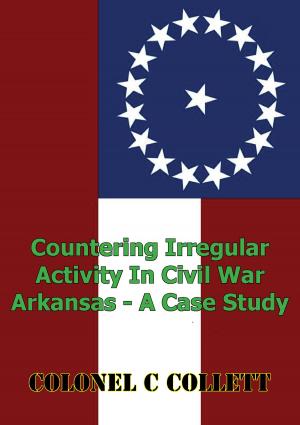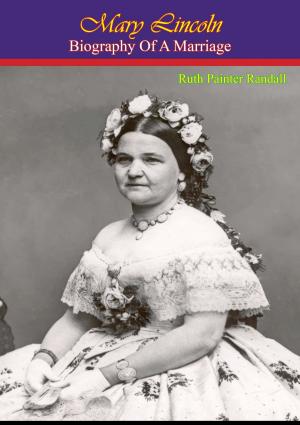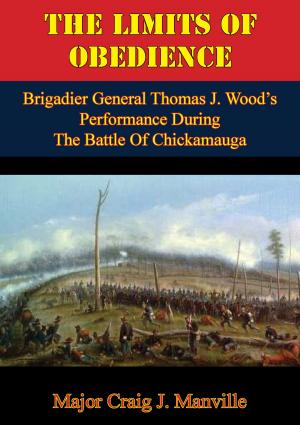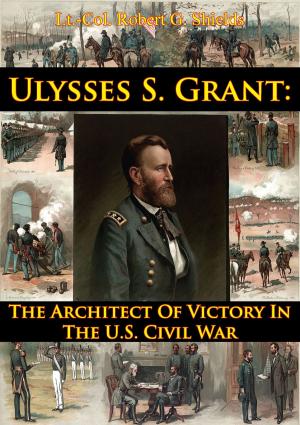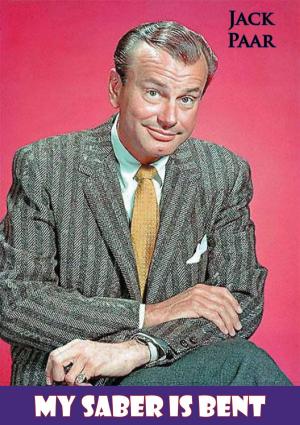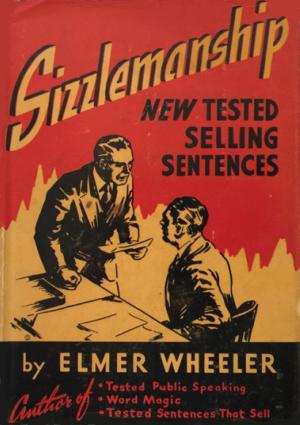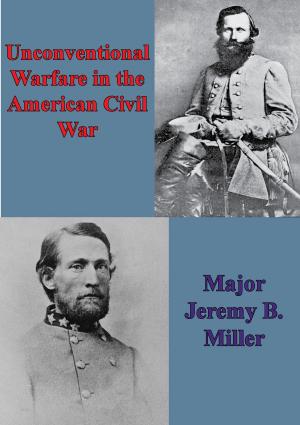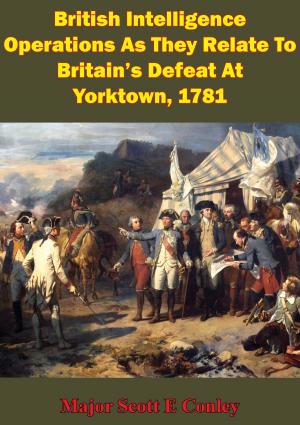George Washington: America's First Strategic Leader
Nonfiction, History, Military, Weapons, United States| Author: | Lt.-Colonel Alan L. Orr III USMC | ISBN: | 9781782896487 |
| Publisher: | Golden Springs Publishing | Publication: | August 15, 2014 |
| Imprint: | Golden Springs Publishing | Language: | English |
| Author: | Lt.-Colonel Alan L. Orr III USMC |
| ISBN: | 9781782896487 |
| Publisher: | Golden Springs Publishing |
| Publication: | August 15, 2014 |
| Imprint: | Golden Springs Publishing |
| Language: | English |
George Washington is widely recognized as one of the greatest strategic leaders in our nation’s history. His ability to lead a rag-tag group of militia against the most powerful nation of his time appears to be unexplainable. Through further analysis though, one can begin to see a pattern appear that may explain why Washington’s personal theory of war was so successful, and hence explain why he became such a great strategic leader. George Washington was not a particularly successful tactical leader, and his experiences in leading troops culminated prior to the Revolutionary War at the Regimental level. He went on to lead a productive life as a statesman in the Virginia legislature until the war with Britain erupted and he was cast into the role as America’s first Commander in Chief. His ability to comprehend the conflict for what it was, as well as his ability to understand the will of his fellow countrymen allowed him to craft a wartime strategy for victory against the most powerful nation on earth at the time. He kept the will of the people, the tactics of the army and the desires of the state in balance to devise a strategy that would allow him to go down in history as America’s first strategic leader.
George Washington is widely recognized as one of the greatest strategic leaders in our nation’s history. His ability to lead a rag-tag group of militia against the most powerful nation of his time appears to be unexplainable. Through further analysis though, one can begin to see a pattern appear that may explain why Washington’s personal theory of war was so successful, and hence explain why he became such a great strategic leader. George Washington was not a particularly successful tactical leader, and his experiences in leading troops culminated prior to the Revolutionary War at the Regimental level. He went on to lead a productive life as a statesman in the Virginia legislature until the war with Britain erupted and he was cast into the role as America’s first Commander in Chief. His ability to comprehend the conflict for what it was, as well as his ability to understand the will of his fellow countrymen allowed him to craft a wartime strategy for victory against the most powerful nation on earth at the time. He kept the will of the people, the tactics of the army and the desires of the state in balance to devise a strategy that would allow him to go down in history as America’s first strategic leader.

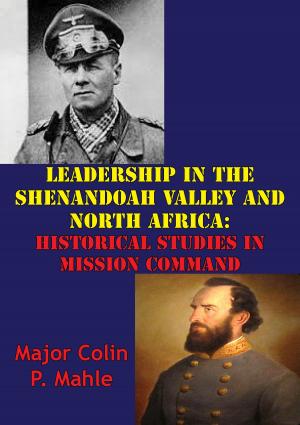
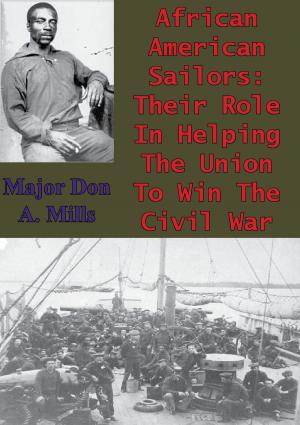

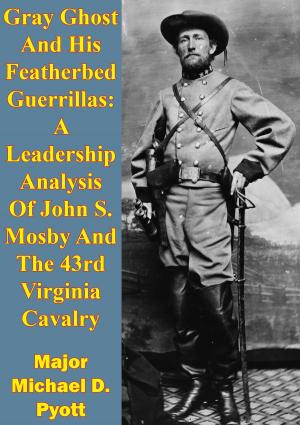
![Cover of the book At Gettysburg, Or, What A Girl Saw And Heard Of The Battle. A True Narrative. [Illustrated Edition] by Lt.-Colonel Alan L. Orr III USMC](https://www.kuoky.com/images/2014/june/300x300/9781782892311-hgkP_300x.jpg)
